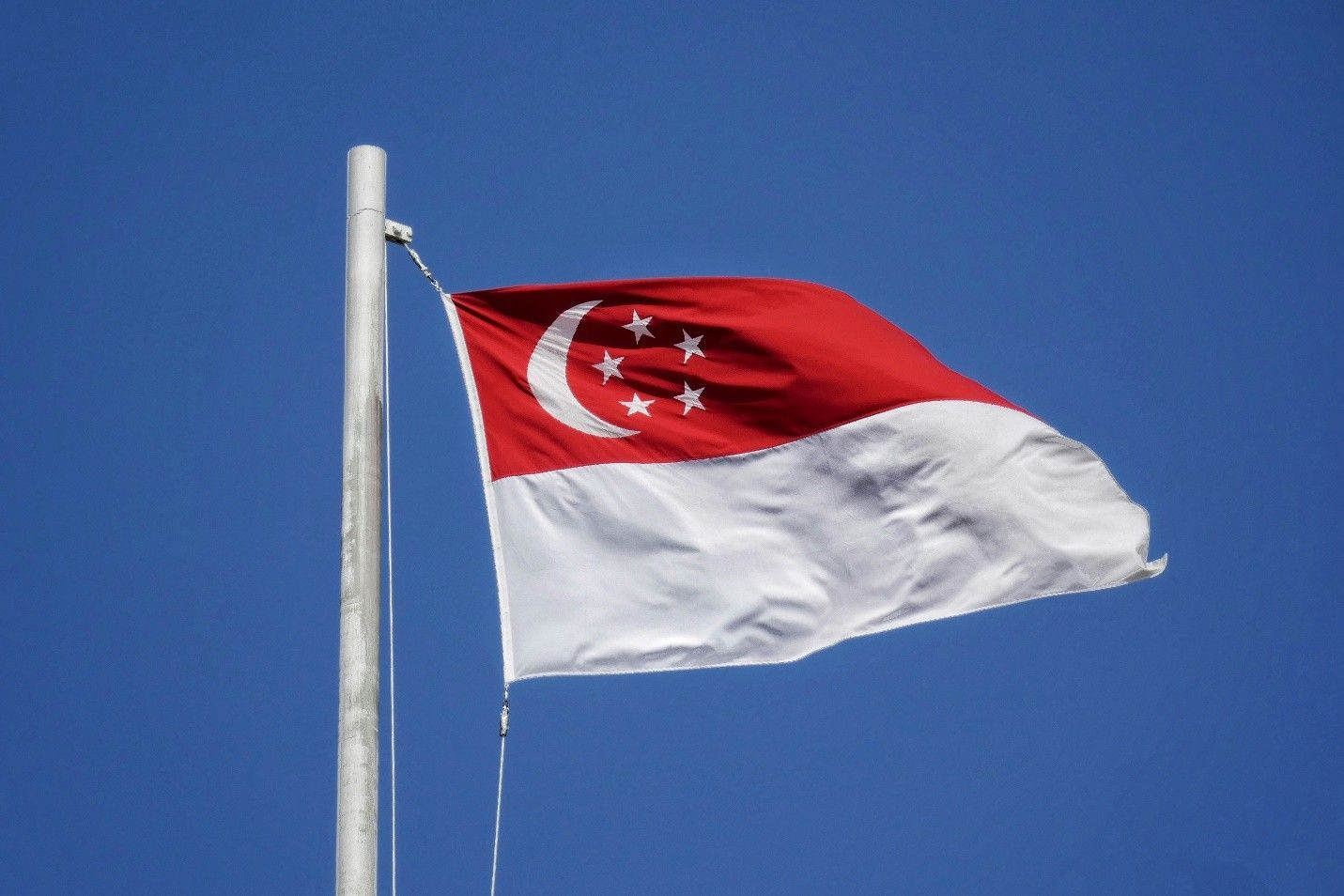
International Markets, Week in Review
Malaysia’s momentum slows: Trade tensions and inflation test economic resilience
Over the past 40 years, Malaysia has stood out on the world stage for its impressive economic performance and resilience. To this day, the country remains a powerhouse in the global market, ranking among the world’s leading suppliers of electrical equipment, semiconductors, solar panels and information and communications technology (ICT). Amid ongoing trade tensions and inflationary pressures, Southeast Asia’s third-largest economy experienced a slowdown in 2025.

Over the past 40 years, Malaysia has stood out on the world stage for its impressive economic performance and resilience. To this day, the country remains a powerhouse in the global market, ranking among the world’s leading suppliers of electrical equipment, semiconductors, solar panels and information and communications technology (ICT). Amid ongoing trade tensions and inflationary pressures, Southeast Asia’s third-largest economy experienced a slowdown in 2025.
Gross domestic product (GDP) increased by 4.4% in the first quarter of 2025 compared to a year earlier, a slowdown from the previous quarter, Reuters reports. “The higher frequency data such as retail sales, car sales, loan growth and imports of consumer goods are moderating relative to Q4 2024,” said Ahmad Nazmi Idrus, head of economics at CGS International Securities, per Reuters. “This is an indication that consumption is likely to be on the softer side.”
Malaysia’s annual inflation rate remained steady at 1.4% in April 2025, unchanged from March and in line with market expectations, per Trading Economics. Costs continued to rise for alcoholic beverages, housing, household furnishings, health, transport, recreation, education, restaurants, financial services and other miscellaneous items. In contrast, prices continued to fall for clothing and communication.
Core inflation, excluding volatile fresh food and administered prices, rose 2.0% year-over-year in April, the fastest pace since November 2023. On a monthly basis, consumer prices edged up 0.1% after remaining flat in March.
According to the OECD, inflationary pressures are expected to rise due to the planned removal of fuel subsidies and potential wage increases. Still, Malaysia’s GDP is projected to grow by 3.8% in 2025 and 4.1% in 2026, driven by domestic demand, supported by robust private consumption and a favorable labor market. Investment will likely strengthen in technology-intensive sectors, though global trade tensions remain a significant risk.
Customers in Malaysia have averaged 32 days beyond terms, with 50% saying payment delays have stayed the same, according to FCIB’s Credit and Collections Survey. Credit professionals who participated in the survey identified customer payment policies (83%) and billing disputes (67%) as the leading causes of payment delays.
“The Know Your Customer (KYC) process is essential in Malaysia,” a survey respondent wrote. “You must do your diligence to find the Ultimate Business Owner (UBO).” Another recommends that credit professionals should not rely on a trade name to verify a customer.
The bottom line: Despite Malaysia’s long-standing economic resilience and strong position in global trade, growth is slowing in 2025 amid rising inflation, global trade tensions and weakening domestic consumption. While investment in tech sectors offers potential, economic stability will depend on effective risk management and structural reforms.





